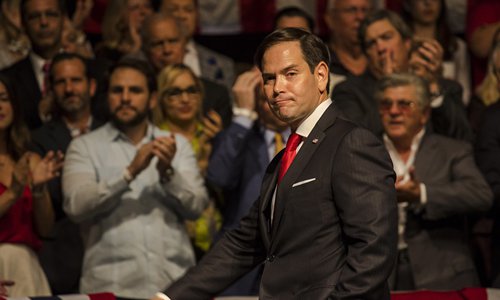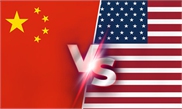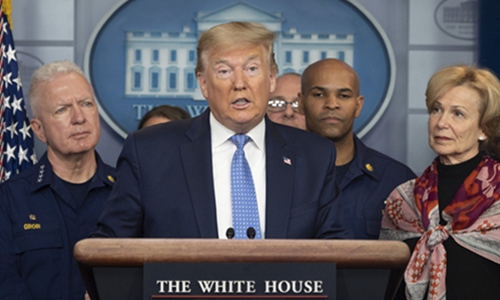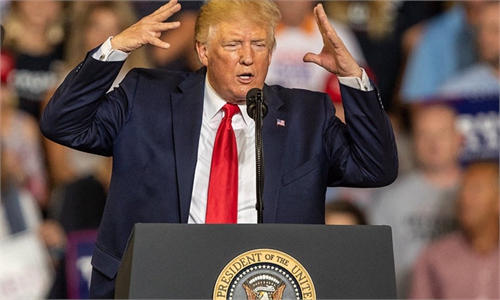Chinese netizens, observers deride 'Eight-Nation Alliance' against China as a farce

US Republican Senator Marco Rubio File Photo: VCG
Chinese netizens and observers have derided the newly founded Inter-Parliamentary Alliance on China (IPAC), formed by a group of Western lawmakers, as a contemporary era "Eight-Nation Alliance" invasion force, calling it a farce which aims to seek attention and create an anti-China climate among the people of the West.
They added that times have changed and China will not allow being bullied as in the early 20 century and urged some Western politicians to abandon their cold War mentality and cease provoking China.
The formation of IPAC was announced on Friday with 20 high-profile lawmakers in several countries, skeptical of China joining in. The members included US Senators Marco Rubio and Robert Menendez, the European Parliament's Reinhard Bütikofer, and Iain Duncan Smith, a member of the British Parliament and former leader of the Conservative Party, The Time magazine reported.
The list of participating nations includes primarily eight countries the US, Germany, UK, Japan, Australia, Canada, Sweden, Norway, as well as members of the European parliament, media reported
The group is aimed at confronting China's growing geopolitical prowess amid international concerns over its decision to adopt the national security law in Hong Kong, as well as criticism of China for the COVID-19 pandemic, according to US media.
Some Chinese netizens mocked the IPAC, calling it the latest farce made by US politicians to attack China. "So this is the new Eight-Nation Alliance? Imperialism? Robbery? Theft? Corruption? Have you return everything you robbed or stole from other countries, including China?" a user commented.
The "Eight-Nation Alliance" refers to invading troops sent by Britain, the US, Germany, France, Russia, Japan, Italy and Austria-Hungary to China in 1900, to suppress the popular Chinese anti-imperialist Yihetuan Movement. They looted and pillaged Beijing and other cities.
Li Haidong, an expert from the China Foreign Affairs University in Beijing, told the Global Times on Saturday that Chinese netizens' reaction to the IPAC, calling it an "Eight-Nation Alliance" invasion force, reflects the Chinese people's antipathy towards the West's hostility and suppression against China.
But China is no longer what it used to be in 1900 and will never, ever allow its interests to be trampled in any way, Li said.
US Senator Marco Rubio, dubbed as "anti-China pioneer" stood out, particularly, in pushing for IPAC's establishment. Chinese experts noted that Rubio's intention in forming the coalition is quite clear - to pursue a consensus among Western society, governments, and media to counter China socially and politically.
"Rubio took the lead in this alliance because he wants to seek more sustained support from the legislative and administrative organs in these countries to support US' rivalry against China," Li said.
Legislative organs in the Western countries have solid connections with the people; gathering anti-China lawmakers from these countries would facilitate the US in spreading the "China threat" theory and create an anti-China atmosphere among the people in the West, Li noted.
Representatives of Japanese, Australian, Canadian, Norwegian, and Swedish lawmakers also marked their presence in the group's formation, and more members are expected to join, reported the US media.
Li called Rubio's push for the alliance as well as similar thought processes of the other legislators as the byproduct of cold-war mentality, saying that the action of forming a countervailing alliance against one country is contrary to the general trend of international affairs, which is to address problems through cooperation and constructive solution.
With several domestic issues brewing that need urgent intervention, such as epidemic outbreak and economic recession, the US is yet to give up its hostility against China, which further proves the stubbornness of these increasingly influential anti-China forces in the country, Li noted.
"Times have changed, I believe many countries would follow the general trend of the world's peaceful development and disdain such cold-war mentality," he said.




